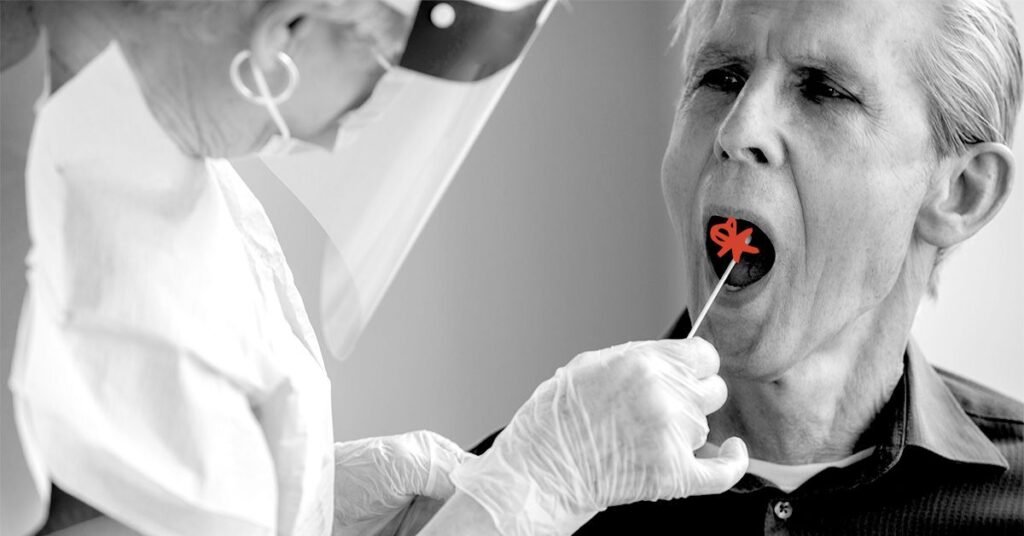Scientists have developed a new tool called CheekAge which predicts mortality risk by analyzing epigenetic changes in cheek cells. This method outperforms earlier models based on blood samples and offers a noninvasive way to monitor biological aging. Biological aging varies among individuals due to genetics and lifestyle factors such as stress, poor sleep, poor nutrition, smoking, and alcohol. Epigenetics studies how gene activity can be altered without changing the DNA sequence, allowing scientists to measure molecular aging through specific genomic sites. CheekAge is a computational model that predicts epigenetic age using methylation marks on DNA.
CheekAge was created by analyzing methylation levels at around 200,000 sites and linking them to a health and lifestyle score representing variations in physiological aging. The tool accurately predicts mortality risk by evaluating methylation data from cheek cells collected through a painless swab test. Researchers tested CheekAge’s association with mortality in a cohort of older adults and found that it outperformed first-generation epigenetic clocks trained using blood data. A single standard deviation increase in CheekAge was associated with a 21% increase in the hazard ratio of all-cause mortality, demonstrating its effectiveness in predicting mortality risk. The study shows that common mortality signals exist across different tissues, making a noninvasive cheek swab a valuable tool for studying aging biology.
The study identified specific genes linked to mortality through methylation sites, such as PDZRN4, a potential tumor suppressor gene, and ALPK2, linked to cancer and heart health. Other genes associated with cancer, osteoporosis, inflammation, and metabolic syndrome may influence lifespan or the risk of age-related diseases. The research highlights the potential use of CheekAge in personalized preventive healthcare, allowing for early identification and management of aging-related health concerns. The noninvasive nature of the cheek cell test makes it a promising alternative for routine health checks and could lead to more equitable health practices across different backgrounds. Further research is needed to explore associations between CheekAge and specific age-related diseases beyond all-cause mortality.
The researchers are interested in how CheekAge relates to health and lifestyle factors beyond mortality risk, indicating that the tool can be used for academic research, clinical trials, and health tracking. CheekAge serves as an accurate aging biomarker with potential applications in various health-related studies. However, the tool has not yet been validated by the FDA, suggesting a long road ahead for its adoption as an experimental aging predictor. As the field of epigenetic clocks continues to evolve, CheekAge could provide valuable insights into aging biology and potentially improve the quality of life as people age. Further studies may help validate the effectiveness and broader applications of CheekAge in monitoring and managing age-related conditions.

